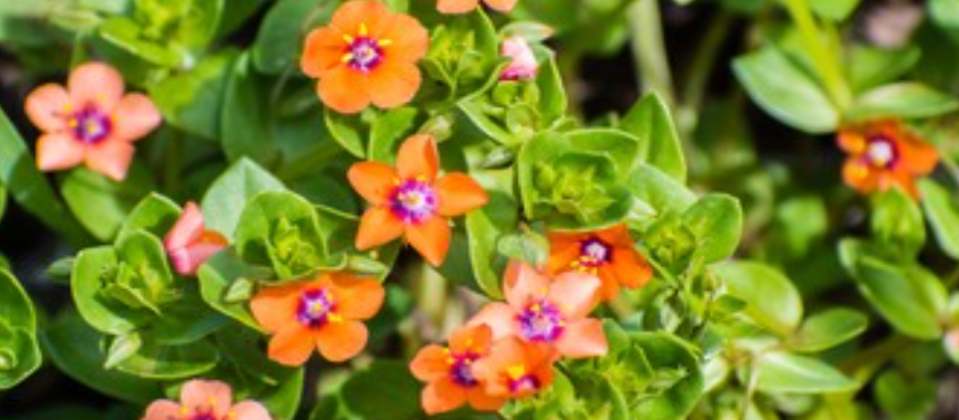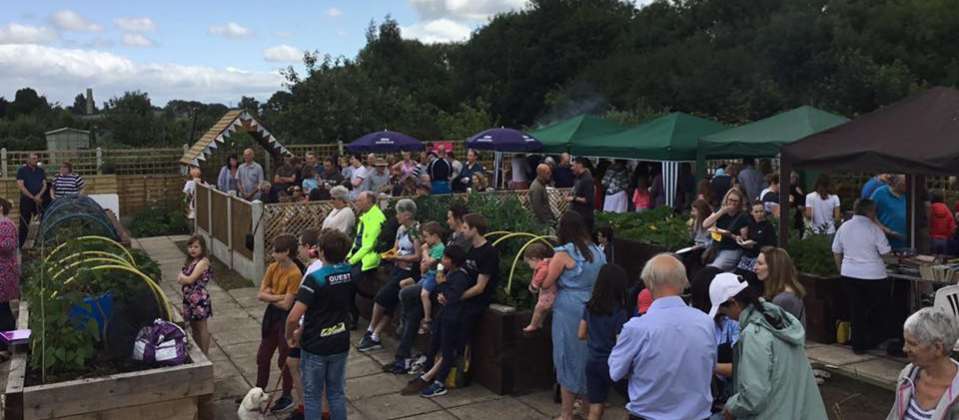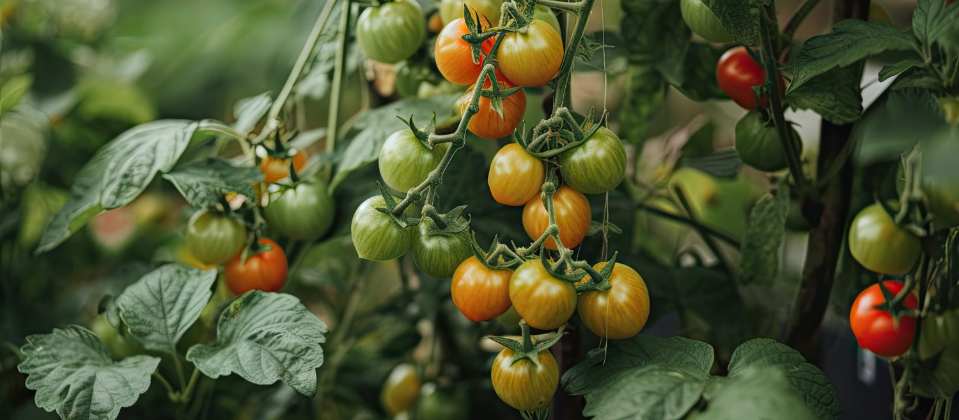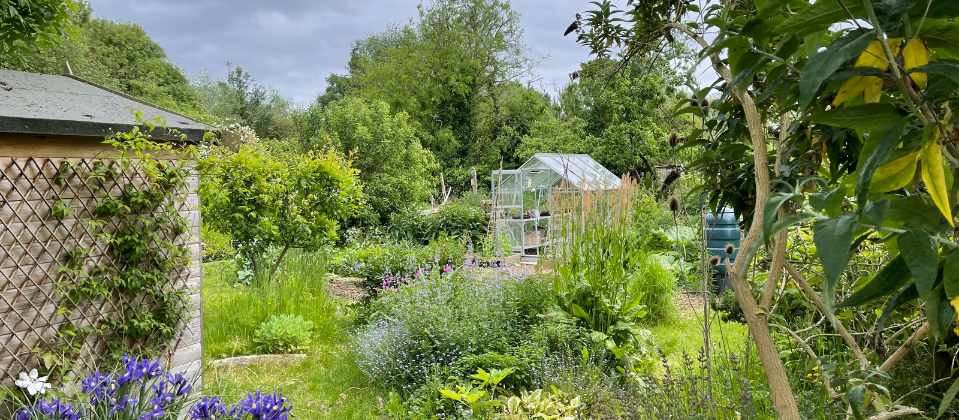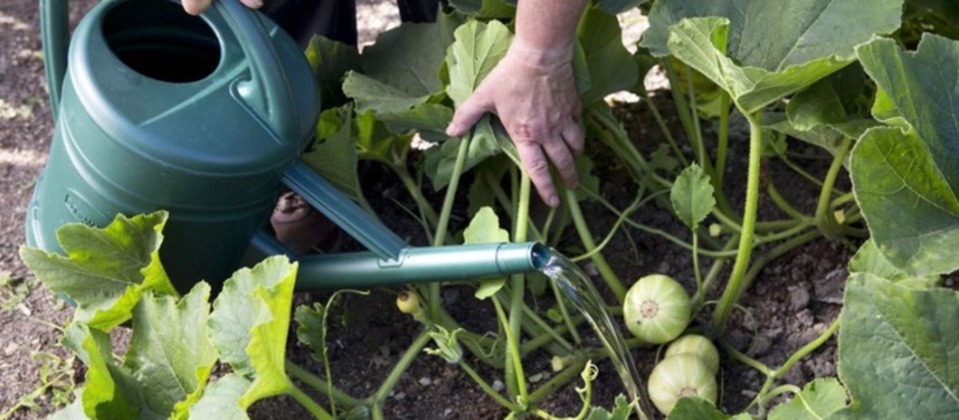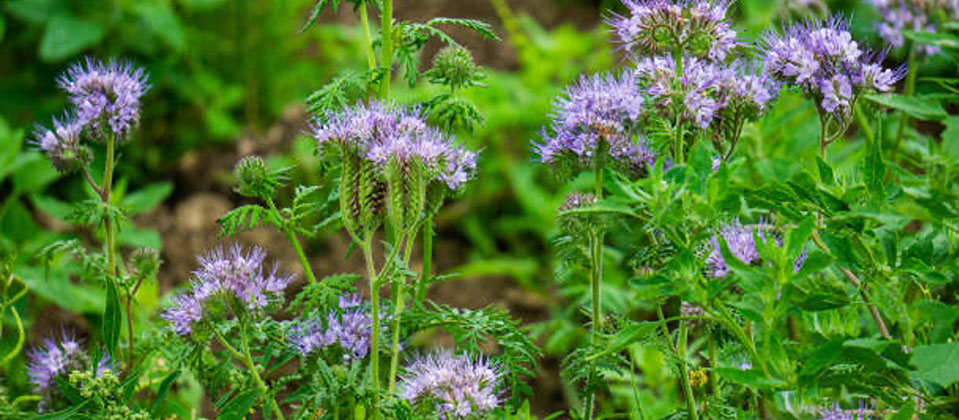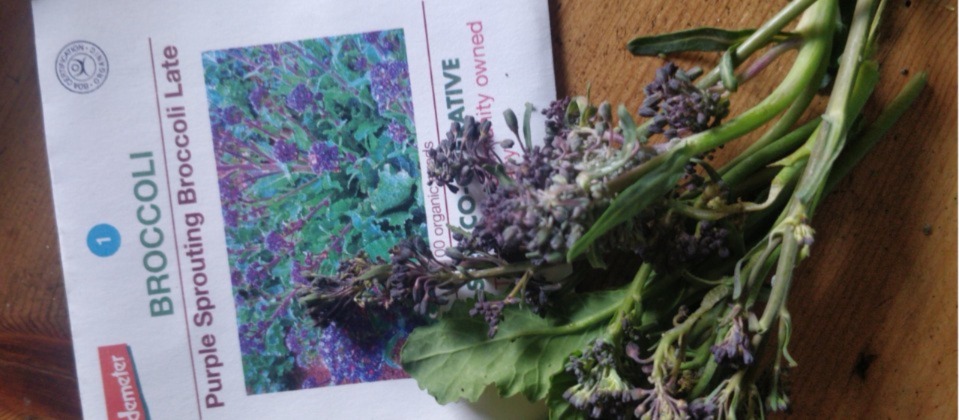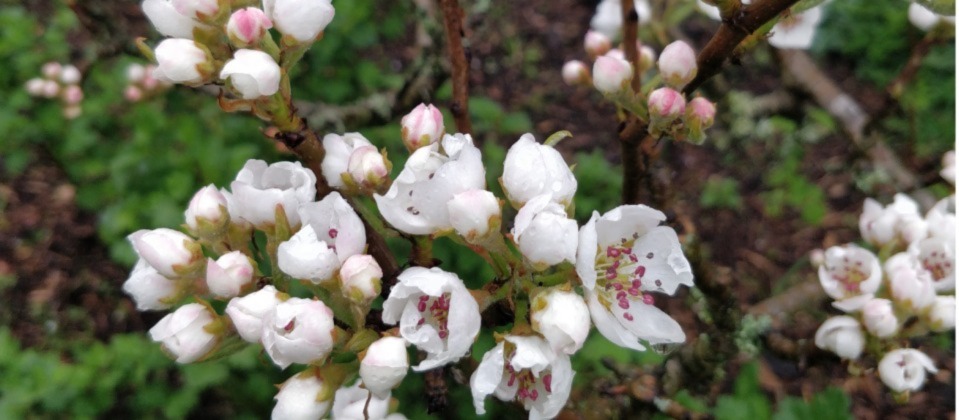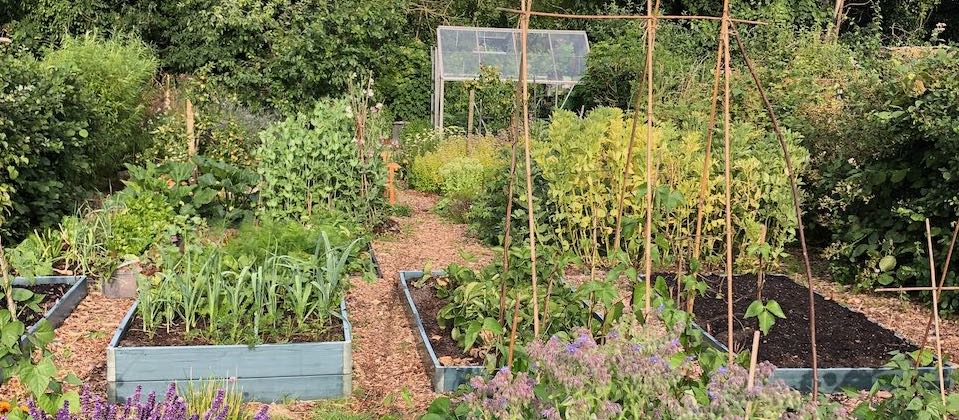‘There’s a rat in my compost what am I gonna do?’ as UB40 nearly sang (maybe you’re too young for that reference….). We live surrounded by rats, here, there and everywhere. So that naturally includes allotments. And like all creatures, they’re hungry; they have to feed dozens of baby rats a year, so if you’re putting out bird seed, any that fall to the ground will be a happy rat picnic spread. If you’re using your compost bin to get rid of food waste, you may see more than a fair share of peckish rodents. But be reassured, they’re not going to peck you; they’re much more scared of you than you are of them. Really.
If they’re in your compost then it’s likely far too dry and you should give the heap or the bin a good drenching. They won’t like that cosy home as much then. Nor do they like change, so turn your compost regularly (which should be happening anyway to speed up the effectiveness of the processing), and give the bin a kick or a whack with your spade to scare them off a bit. The only health hazard comes from the extremely low risk of Weil’s Disease from their urine; once the compost is spread on the ground, the soil bacteria (which of course you are encouraging in diverse ways already) will see off any risk. Only resort to poison, safely in a tube or pipe, if you have rats at home. On allotments, we’re never going to get rid of them. Learn to live with them, maybe even learn find them as interesting as your hamster or gerbil in a cage at home.
At this time of year, the so-called weeds may be growing more quickly and luxuriantly than your carefully tended crops. Are they weeds? What is a weed to you? It’s a fine line to draw with regard to weed control: if you remove all the weeds, you leave bare soil which may dry out, compact if you walk on it as well, and offers no food for insects or small birds. If you leave weeds that take a lot of moisture and nourishment from the ground, then they will impoverish your crops. And there’s a whole science of companion planting: marigolds near your tomatoes will help keep aphids away, for instance.
Certainly it’s important to make a distinction between those weeds you don’t want to live with, the perennials – like hedge and field bindweed, dock, horsetails, ground elder, couch grass, creeping buttercup – and those annual weeds that are easily controlled and can be hoed off when there are too many of them. Annual weeds can be pulled or hoed and added to your compost; perennials can be collected in old compost bags and rotted down for a year and then added to the compost. Because they have deep roots they effectively draw up important ground minerals which you can take advantage of. You might also soak them in a tub of rain water for a month or two, and use that strained liquid to feed hungry plants, like tomatoes and squash. But don’t let seed heads get in your brew in case they germinate on contact with the soil.
Learning to love weeds is about an appreciation of wild flowers: calendula, scarlet pimpernel, wall lettuce, oraches, speedwells, feverfew, fumitory, St John’s wort, borage, fat hen, poppies, spurges, clovers, wood avens, plantains, cranesbills, chickweed – and more, and more. You might make a list of what’s on your plot and be surprised at the rich diversity there.
Plotlines, written by one of our York allotmenteers, is a twice monthly blog aimed at anyone who would like some guidance about growing on an allotment.


